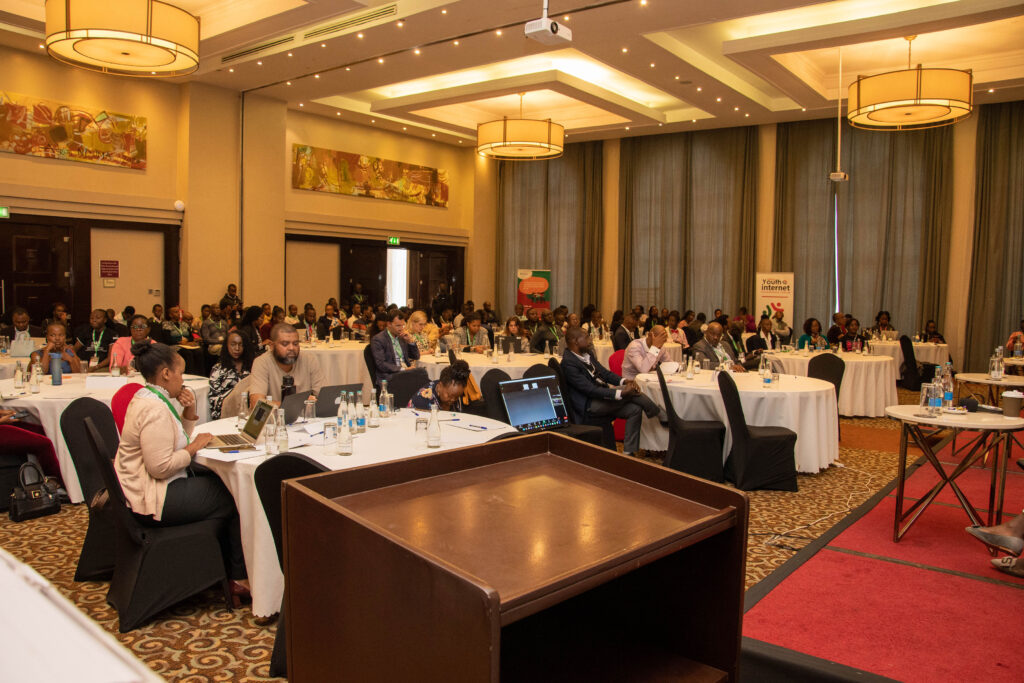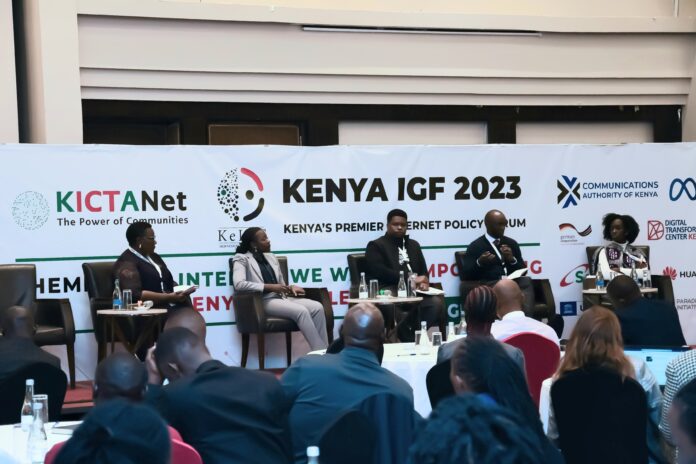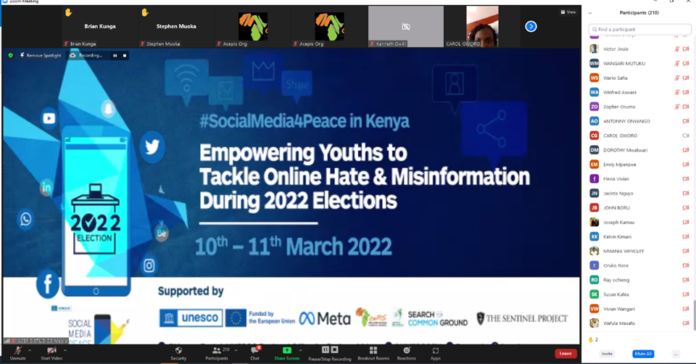On 22 June 2022, Nairobi hosted the 16th edition of the Kenya Internet Governance Forum under the Themed: ‘The internet we want – empowering all Kenyan people.’ UNESCO partnered with Kenya Information Communication and Technology Action Network Trust (KICTANET) as main event partner. The event provided a platform for knowledge sharing and expert deliberations on issues around the field of internet governance.
During the forum, UNESCO participated in an expert panel session titled: Human rights and freedoms – Harmful content in the digital arena. This session brought together panelists drawn from KICTANET, The Deutsche Gesellschaft für Internationale Zusammenarbeit (GIZ) GmbH, and Code 4 Africa and UNESCO.
Ms. Angela Minayo, Program Officer from Kenya ICT Network indicated that women were among the most affected groups by online harassment affecting their participation in discussions. The issue on misinformation, hate speech and disinformation was highlighted as a major problem affecting women in online spaces.
John Okande, Programme Officer at UNESCO emphasized on the importance of mainstreaming human rights principles on digital platforms and promotion of media and information literacy competencies. He further stated that the increased incidences of cyber bullying, proliferation of hate speech, and increase of data privacy issues on platforms, efforts should be given to remedy these issues for an ensured healthy digital ecosystem.
Allan Cheboi, Senior Manager for Investigations at Code 4 Africa discussed the role of information disorder and foreign interference in exacerbating for the spread of online hate speech, cyber bullying and other human rights violations.
Ms. Rose Museru, Deputy Data Protection Commissioner, Office of the Data Protection Commissioner, while delivering a keynote address called for a multi-stakeholders’ approach to internet policy development that upholds human rights, transparency, equity and privacy.
Dr. Ololade Shyllon, Head of Privacy Policy, Africa, Middle East and Turkey, Meta stressed the importance of ensuring that data laws are developed before is collected from platforms and not vice versa. Highlighting that there is a growing tendency of making laws to suit data.
David Omwoyo, Chief Executive Officer of the Media Council of Kenya advocated for the development of a common internet governance principles and a shift towards participatory rights that will encourages healthy engagement and participation of online.
Key challenges identified during the discussions and expert panels included; an unskilled labour force in the data protection space, a lack of a data governance framework, and lack of data literacy among the citizens in the country.

The Kenya Internet Governance forum (IGF) brought together 250 stakeholders from government, private sector, civil society, tech community, and academia to discuss issues in the field of internet governance. Topics included human rights and freedoms, harmful content online, digital divides and inclusion, AI and emerging technologies, cybersecurity, cybercrime and online safety, and data governance and trust.
The UNESCO EU-funded “Social Media 4 Peace” project seeks to strengthen the resilience of societies to potentially harmful content spread online, in particular hate speech inciting violence while protecting freedom of expression and enhancing the promotion of peace through digital technologies, notably social media. The project is also being implemented in Bosnia and Herzegovina, Indonesia, and Colombia.





